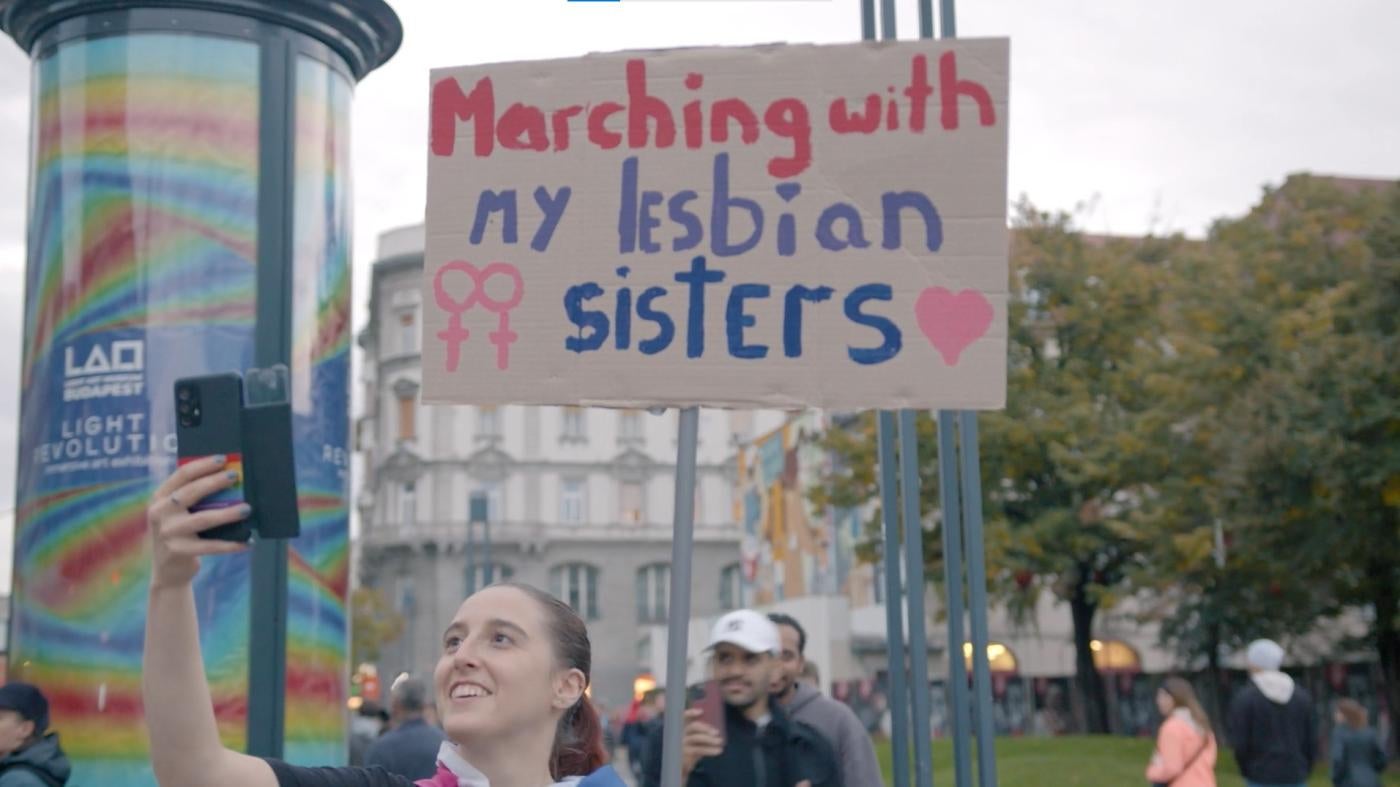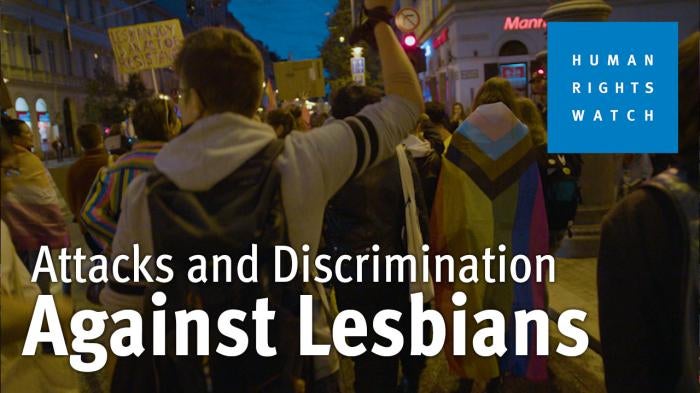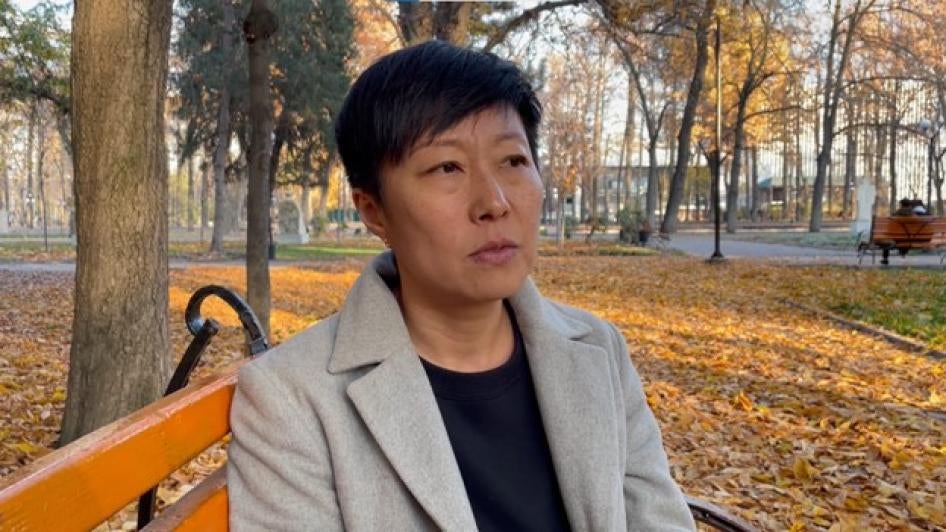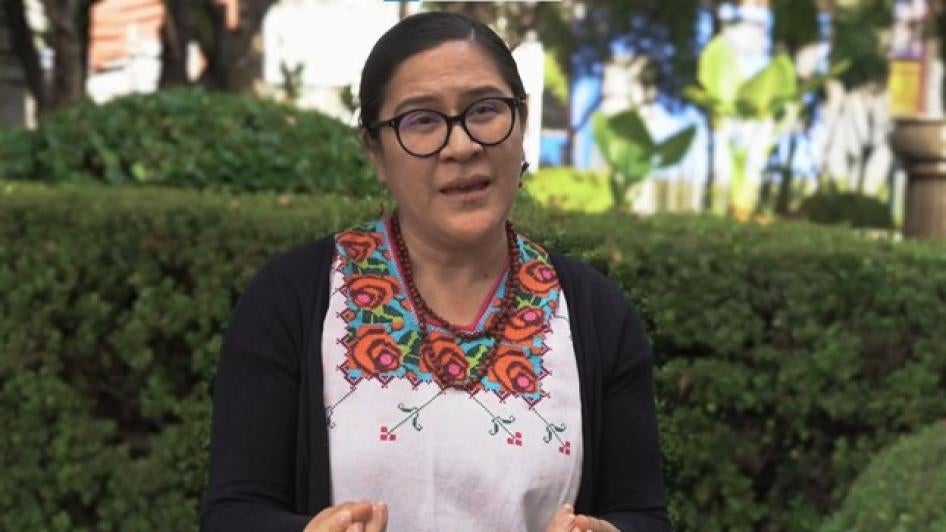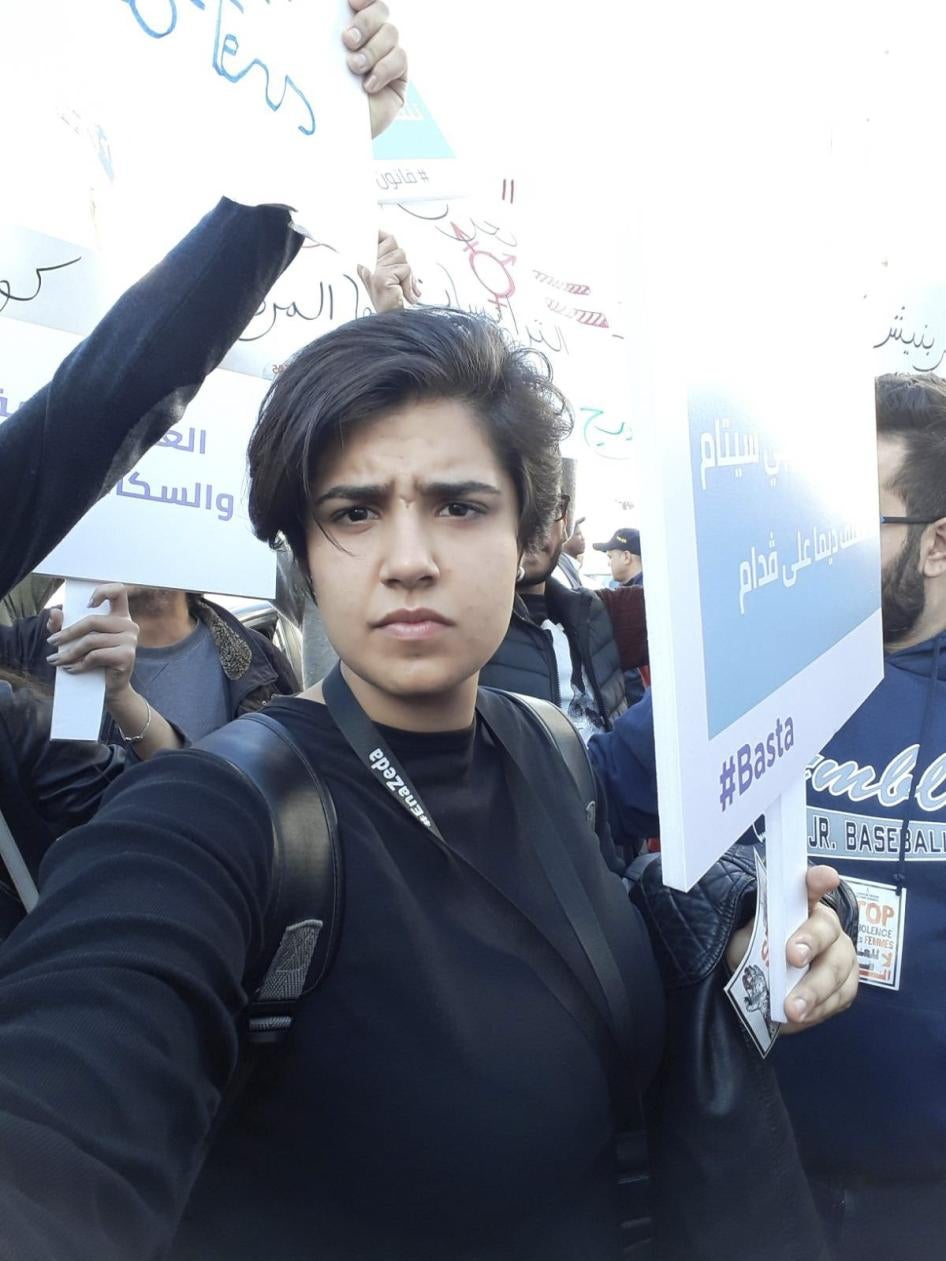This report is a first-of-its-kind investigation. Why did you focus on LBQ+ people specifically?
LBQ+ people’s experiences are incredibly underrepresented in human rights investigations.
Queer women are referenced in Lesbian, Gay, Bisexual, and Transgender (LGBT) studies, but the rights violations chosen for investigation often aren’t the ones most affecting LBQ+ lives. In the 60 plus interviews with queer women and non-binary people, very few talked about the criminalization of same-sex conduct, anti-sodomy laws, or legal gender recognition – common topics of LGBT research.
For queer women, women’s property rights, forced marriage, and femicide are life altering too. Mainstream women’s rights research covers those topics but rarely focuses on the experiences of non-heterosexual women.
We wanted to document LBQ+ experiences on their own terms, not as a sub-category of broader gay or women’s rights themes. Although the word “intersectional” has become quite popular, queer women do not exist at the imaginary intersection of straight women and gay men.
Are trans people included in the lesbian, bisexual, and queer label?
This report is expressly trans inclusive. A few important things: Many LBQ+ people are trans, and non-binary people are explicitly centered in the report’s title. Also, trans women are women, and many are lesbians. I also believe there is no LBQ+ justice without trans justice.
I interviewed cisgender women, transgender women, transgender men, non-binary people, and queer people. Anyone who identifies as LBQ+ is included in “LBQ.”
It’s also important to say that the boundaries of what is cisgender and what is transgender often don’t work in LBQ+ spaces. What they have in common is decentering cisgender men from their romantic lives. And for masculine LBQ+ people, the lines between butch, stud, masculine of center, trans men, and trans masc often blur. These are culturally constructed and shift across borders, languages, and lifetimes.
For example, several older lesbians told me they would have identified as non-binary if it were an “option” when they were younger. Several people gently shifted the way they identified or spoke about themselves as they became more comfortable with me. Lesbian has always been a gender-expansive concept – with identities and expressions that don’t fit traditional understandings of “man” or “woman” – even before there were words for it.
How do the key issues affecting LBQ+ people differ from those affecting gay, bisexual, or queer men?
In many countries, access to property, land, or even moving out of your parents’ home is contingent upon marrying a man.
Liliya, an activist in Kyrgyzstan who was forced to marry a man when she was 19, told me there was “no path to freedom if you don’t marry a man.”
She later divorced him. Like a lot of other women I interviewed, Liliya wanted to start dating women after divorcing, but couldn’t because, as an unmarried woman, she had to move back in with her parents.
An activist in Lebanon said her LBQ+ friends are actively seeking gay men to marry, not to hide that they’re gay, but because they need a husband to move out, go out at night, and travel without criticism from family members.
Sofia, a queer Indigenous land rights activist in Mexico, told me that men control the land in her community and women can come close to power only by marrying them.
What other laws globally affect LBQ+ couples differently?
Consider how two lesbians are going to start a life together if they live in a country with unequal inheritance laws, and both their older brothers inherited all the family land. If they live in a country with male guardianship laws, who is supposed to sign the lease on the apartment they want if they would both have to ask their fathers’ permission to do so?
For this research, we repeatedly heard that forced marriage isn’t as simple as “My parents found out that I was a lesbian, so they forced me to marry a boy from the neighboring village.” It’s facing the reality that, as a woman, you won’t be able to survive, or eat, or provide for the children that you want to have if you don’t marry a man, because you can't own, inherit, or administer property without him.
Then there’s the wage gap. Who can save for retirement if they both make two-thirds of what men at their company do?
Your report also talks about the problems LBQ+ couples face having children.
Yes, people in Kenya, Ukraine, the US, and other countries talked about creating and protecting their families. One case in the report is about a lesbian mother who was literally removed from her son’s birth certificate because the sperm donor decided he wanted his name there instead, and the court went along with it. The ruling was later reversed, but it shows how precarious rights are for lesbian moms who don’t carry and birth their own children.
Some countries also don’t allow single women to adopt, so if you don’t have a husband and there is no marriage equality, you can’t have a child.
It is also much easier for straight couples to get fertility treatment because proving infertility is a straightforward process. Having a year or two of unprotected sex without getting pregnant is what some insurance companies in the US require. Absurdly, simply saying “we both have a uterus” doesn’t qualify lesbian couples as “infertile;” they have historically had to self-fund for tens of thousands of dollars of rounds of fertility treatment themselves and show that those didn’t work, before qualifying for the insurance coverage that straight couples can get just by having sex. The UK has a similar system, though reforms there are headed in the right direction, but Japan is considering legislation that would ban unmarried women from accessing fertility treatment at all. Because Japan does not allow marriage equality, this would effectively bar lesbian couples from treatment.
Why is there so little research on LBQ+ people?
The one-word answer: patriarchy.
For decades, LGBT groups could only access HIV funding, due to persistent homophobia and transphobia. This led to work that centered gay men and, eventually, trans women.
Also, queer women and non-binary people face patriarchal laws and policies around the world. Things like male guardianship laws requiring women to have a father or husband make key decisions on their behalf, stigma, and sexism prevent women from being active in public spaces, gay or not. This contributes to persistently male-centered LGBT organizing.
Mostly though, society devalues women’s sexuality. LBQ+ relationships are afforded less legitimacy than those that include men.
There’s a persistent myth that queer women are somehow safer than gay men and transgender women, just because many anti-sodomy laws don’t explicitly criminalize lesbian sex. It discounts all the other dangers and restrictions lesbians face. The report has a section dedicated to physical attacks, rape, and murder of lesbian couples over the past five years, to visibilize the very real physical violence they face. Also, in recent years several countries, including Brunei and Chad, have actually moved to explicitly criminalize same-sex conduct between women.
Then there’s money. Women make less money than men, and they are likely expected to be caretakers, which takes time. This leaves them with less money and less time to fight for their rights.
For this report you interviewed LBQ+ activists, lawyers, and human rights defenders across 26 countries. What surprised you the most?
What really stuck with me was all the ways in which women lost their personal relationships “because I’m not a man.” The report opens with an activist in Tunisia whose girlfriend’s family forced her to marry a man. Again, not because they found out she was gay, but because in her community, you can’t move out of your parents’ house until you marry a man. So the women slowly and painfully broke up. It’s so much more complex than a punishment for being gay. It’s a punishment for being a woman.
That idea – this eroding and demeaning of LBQ+ relationships because neither partner is a man – was so common in interviews. I heard from so many people across different countries who were experiencing exactly that same pain. This devaluation of self because you’re not a man, in a context where laws, policies, and institutional practices make men the only “viable” partners for women.
What do you want readers to take away from this report?
Queer women and non-binary people are at the front of so many human rights and social justice movements. They’re leading organizations and protests on behalf of the climate, Indigenous peoples’ rights, and humanitarian efforts, among others. The goal of this report is to drive better research, advocacy, and funding to LBQ+ movements, because these activists are the experts in the rights violations their communities face.
*This interview has been edited and condensed.
